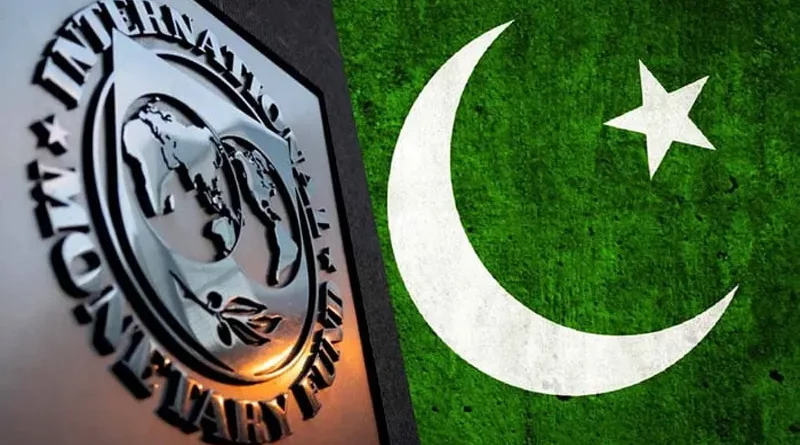$3bn bailout programme provides Pakistan policy anchor to address domestic, external imbalances: IMF
ISLAMABAD: The International Monetary Fund (IMF) maintained that the $3 billion Standby Arrangement (SBA) programme with Pakistan was intended to offer a policy anchor for addressing domestic and external imbalances as well as a structure to secure financial assistance from other donors including the fresh financing rollovers of pending debts.
The global lender’s spokesperson, Julie Kozack, during a presser at the IMF headquarters in Washington DC on Thursday, was asked about its dealings with Pakistan as well as the cash-strapped nation’s request for relief and permissions under the present agreement on the hiked energy prices, particularly electricity bills.
The spokesperson was asked about the request and relaxation sought by Pakistan and if there was criticism regarding the IMF agreement undermining the human rights of Pakistanis.
When questioned if the IMF considered these things about human rights, especially for minorities and the bigger chunk right now when talking about 92 to 95 million people living below the poverty line, the IMF’s spokesperson said: “… the programme was approved on July 12. It is a nine-month standby arrangement for an amount of $3 billion to support the Authority’s Economic Stabilisation programme.”
“The objectives of the programme are to provide a policy anchor for addressing domestic and external imbalances and a framework for financial support from other donors, and multilateral and bilateral partners, including fresh financing and rollovers of debt coming due.”
Policy efforts centre on the implementation of the fiscal year 2024 budget, the appropriate monetary policy aimed at bringing inflation down, and continued reforms to improve the viability of the energy sector, the IMF said.
All of these reforms, she said, are ultimately aimed at paving the way for higher, more inclusive, and more resilient growth.
“To support social development and climate resilience, the programme envisages plans to strengthen public financial management, and tax administration efforts, and to better prioritise public investment.”
“And all of this is being done with support from partners including not only the IMF but also the World Bank and the Asian Development Bank,” the spokesperson said.
Kozack added that the IMF Managing Director, Kristalina Georgieva, was very clear about poverty and inequality.
“Here, her plea was to place the burden on the wealthy segments of society. It’s important for, as the managing director said, that the rich pay their taxes, tax to GDP ratio in Pakistan is very, very low and that the poor are protected in society,” she said, adding that the poor and the vulnerable members of society are protected under the programme.

